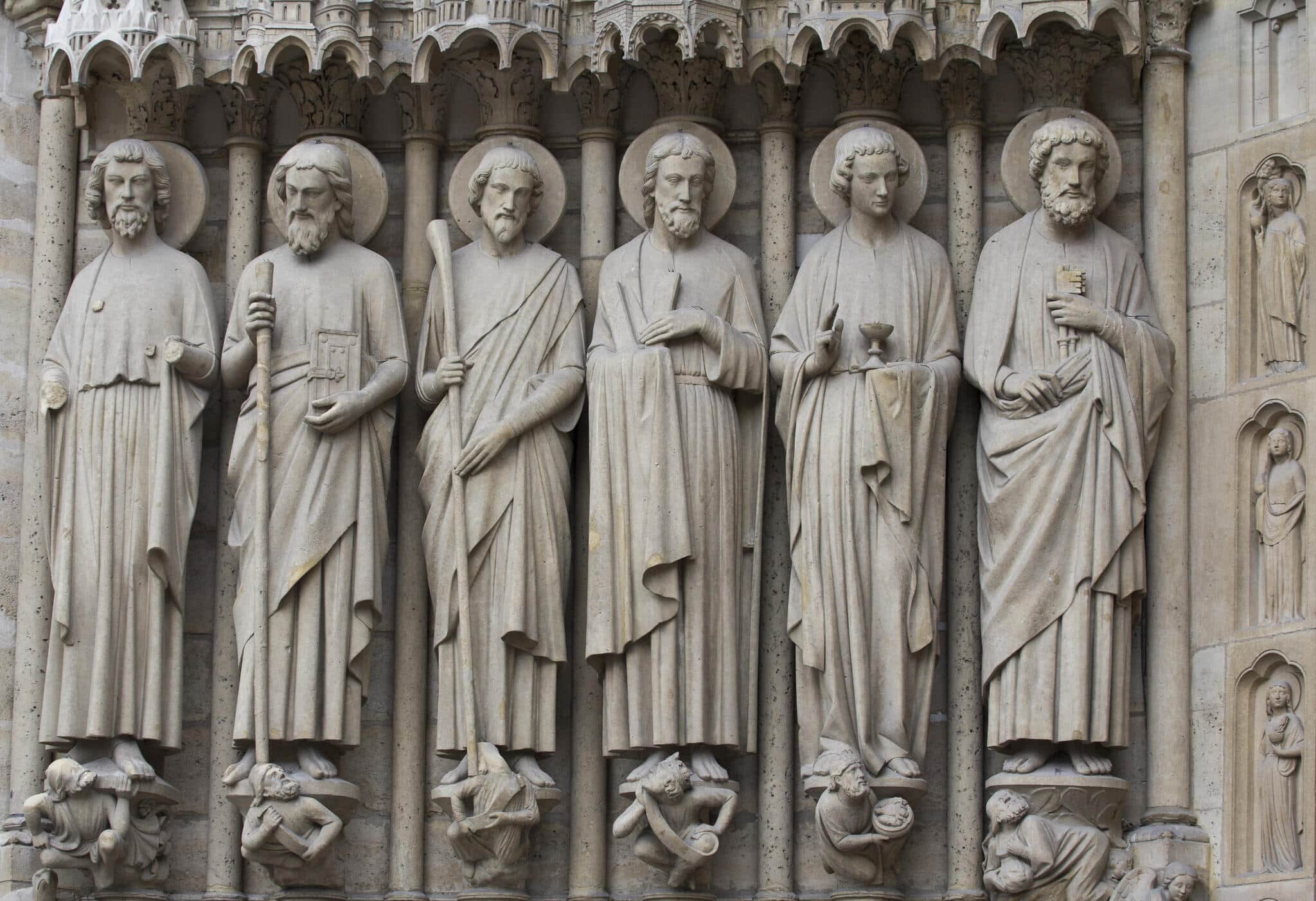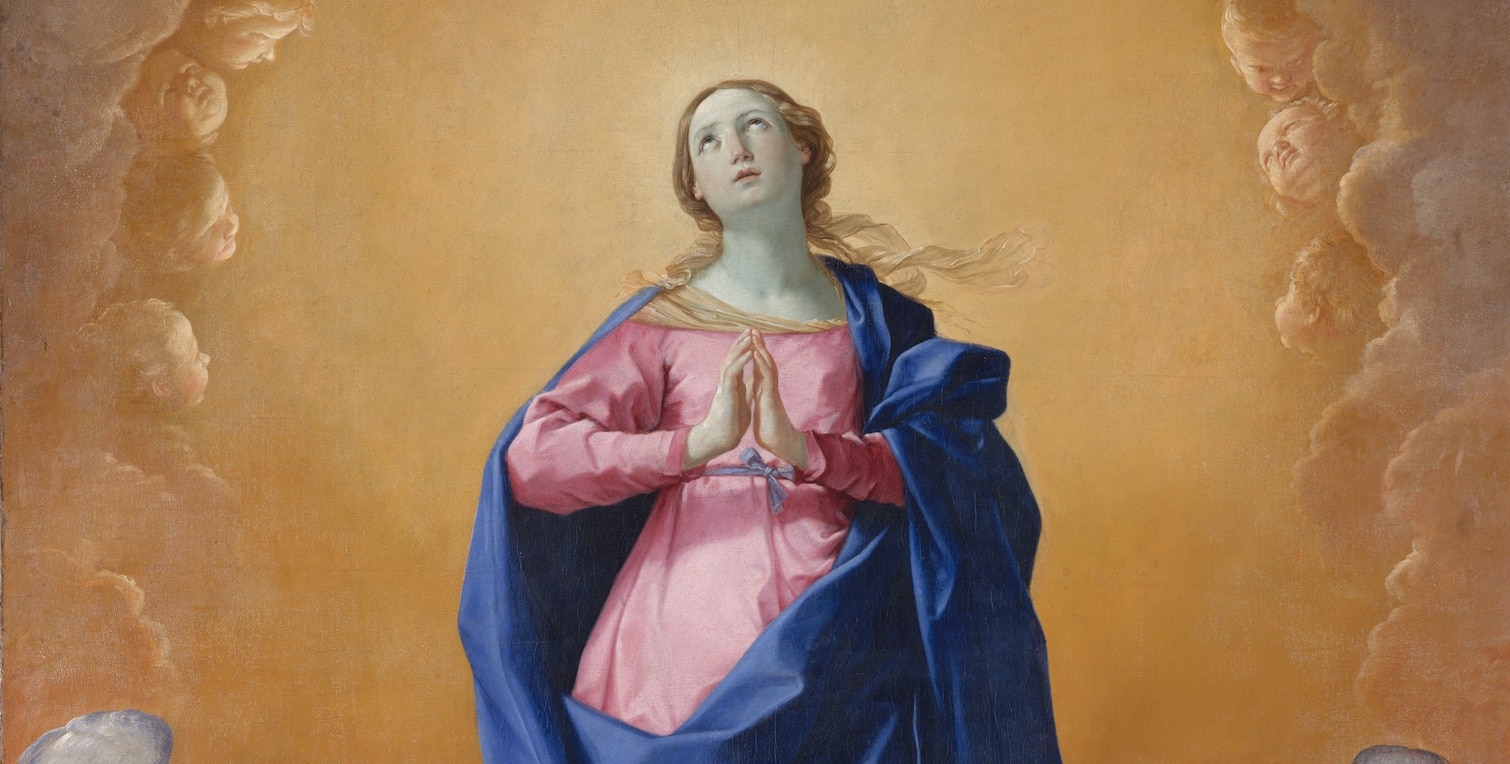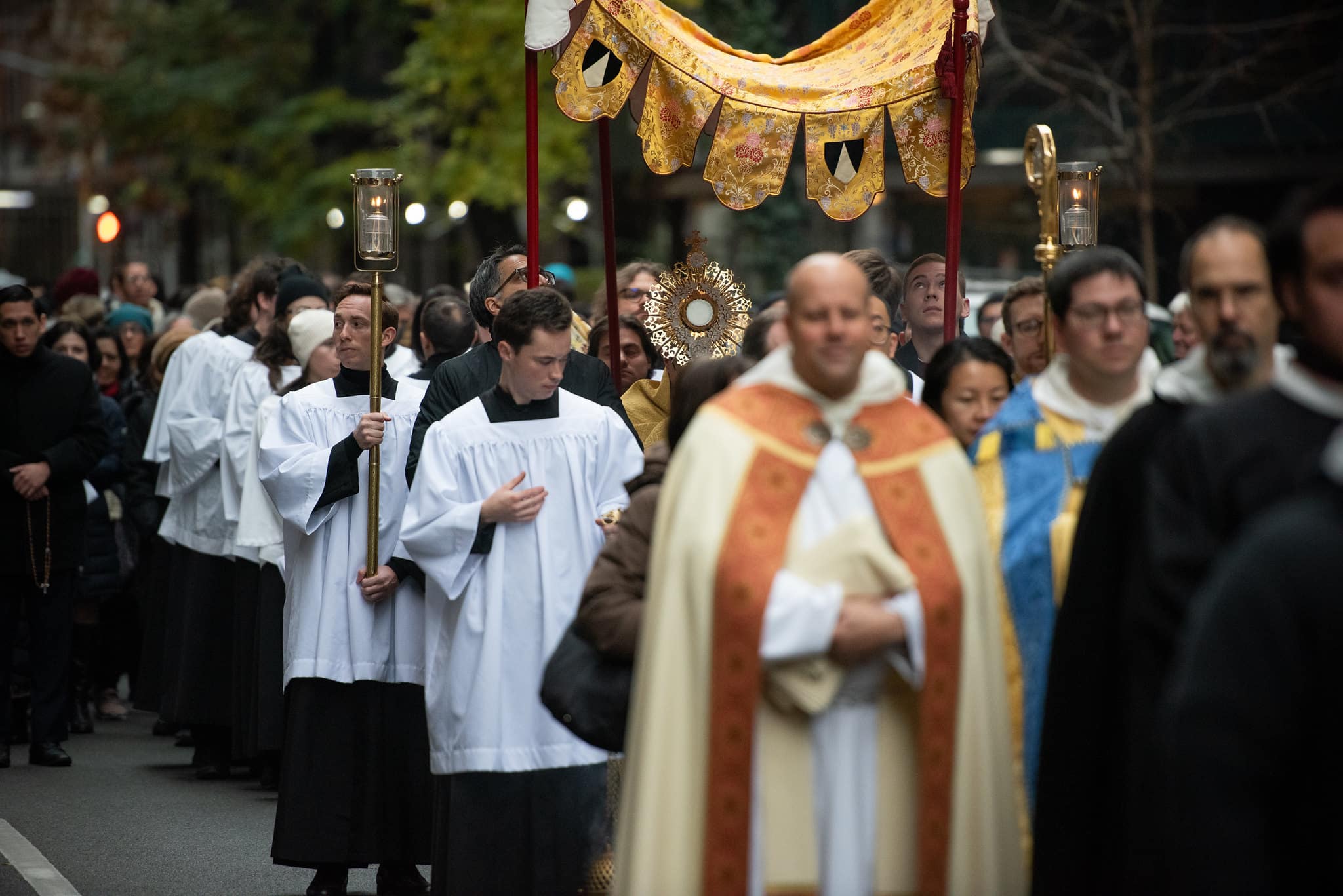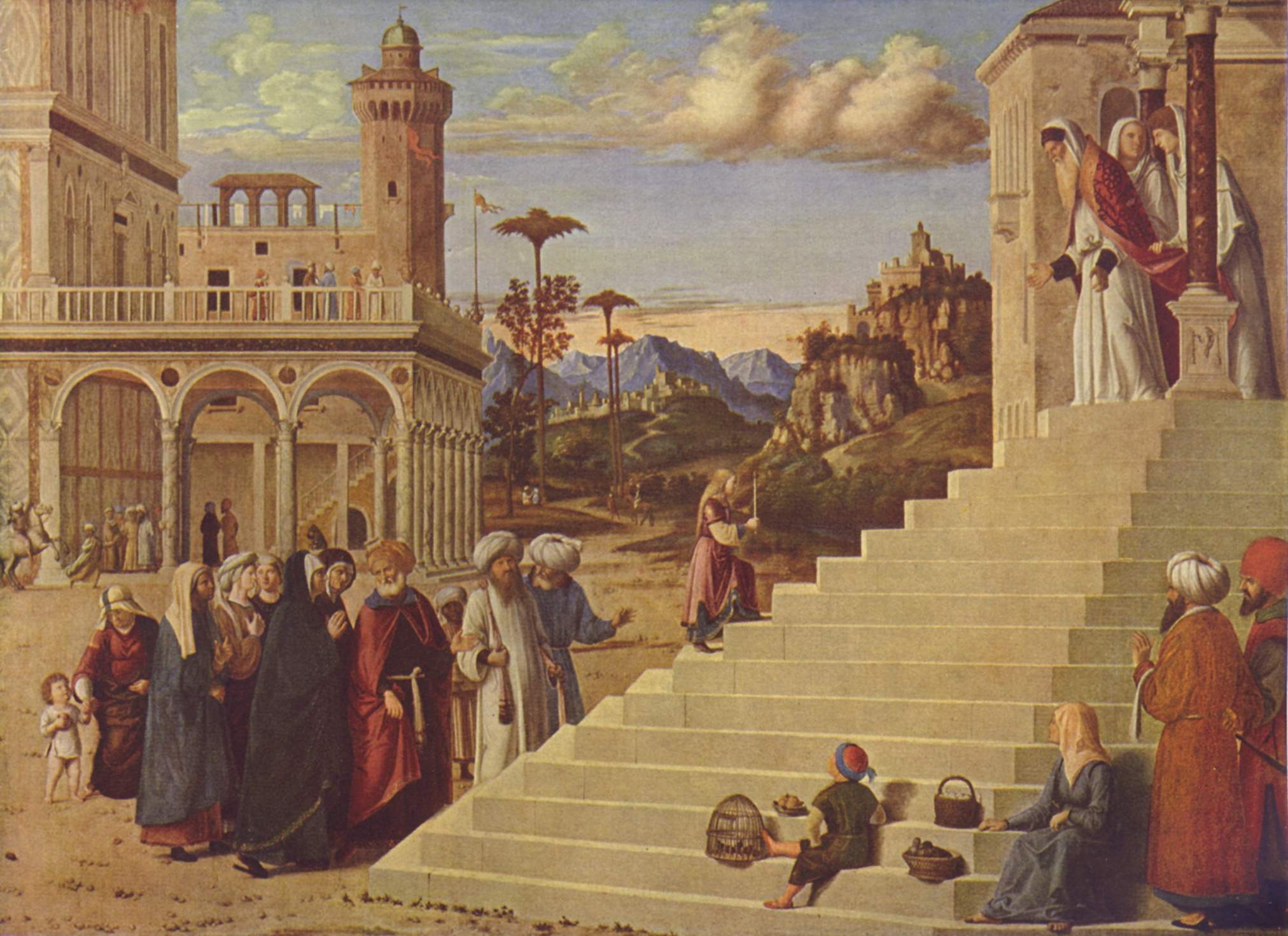
Advancing with Jesus
By Fr. Bernard Knapke, O.P.
In the year 1519, Hernan Cortes, sailing with a few hundred Spanish soldiers aboard ten small ships, landed on the coast of the Yucatan peninsula. His goal was to conquer the Aztec capital of Tenochtitlan—a massive city in the hill country of Mexico. Soon after disembarking, and to the horror of many of his soldiers, Cortes ordered the scuttling of his ships. As they stood on the beach of a foreign and hostile territory, the Spanish soldiers blinked into the summer sun and watched their ships sink under the salty sea. They could see that any type of retreat would never be possible; they could never return to their former way of life. For Cortes and his soldiers, marching forward towards Tenochtitlan was their only hope.
It is a scary thing to have no escape plan. It is a scary thing to place all of one’s hope in a single outcome. For this reason, many of Jesus’ disciples, confronted by the difficulty of his teaching on the Eucharist, “returned to their former way of life and no longer accompanied him” (John 6:60–66). Walking with Jesus was becoming too hard for these disciples. It is as if they had retreated to their ships and sailed off.
Twelve, however, remained. Simon Peter spoke: “Master, to whom shall we go?”(John 6:68). Peter’s words have in them an understanding of the impossibility of turning back to a former way of life. Something in the past has been cut off, their ships have been destroyed. There is no escape plan; they cannot go back. All of their hope has been brought to a focus on a single point. The only hope for Peter and the Twelve is now to advance forward with Jesus.
Peter’s recognition of the impossibility of retreat sits at the root of the “living hope” in his life (cf. 1 Peter 1:3). This singular hope in Jesus alone makes it possible for him to go forward with boldness. The same is true for the spiritual life in general. The early Christian writers frequently observed that “In the way of salvation, he who does not advance, goes back.” Fr. Reginald Garrigou-Lagrange, O.P., reflecting on this maxim, notes that a soul that loses the momentum of advancing becomes “lukewarm, cowardly, and careless. . . . The first consequence of the precept of the love of God—he who does not advance, falls back—shows that the progress of charity ought to be continual. It thus opens up to great perspectives.”
Peter, with his words, has committed himself to continual progress: “Master, to whom shall we go? You have the words of eternal life” (John 6:68). He has opened himself up to a journey with eternal consequences. We know that for Peter—down the road—there will indeed be setbacks. But the truth of his statement here indicates a hope that is strong enough to carry him through the dark days of the Lord’s Passion. It is a hope that allows Peter to return to the Lord after his denial. It is the strongest form of all possible hope because it rests on the testimony of God. Peter has destroyed his ships. The only hope for Peter and the Twelve is to march forward—not as conquerors, like Cortes and his company—but as pilgrims. The same is true for all who have placed their hope in Jesus alone. There is no turning back; move forward as pilgrims with Jesus into the hill country of Judea, toward Jerusalem—toward the holy and eternal city of Zion.
(This reflection is based off a homily originally given at the Dominican Monastery of Our Lady of Grace, North Guilford, Connecticut.)






